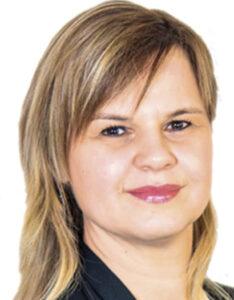Different generations, different approaches to innovation
According to Andrea Princz, a consultant of SteiGen Consulting, when we are talking about generations, we are talking about a community of people born in a certain age and time period.
This article is available for reading in Trade magazin 2023/6-7.

Andrea Princz
consultant
SteiGen Consulting
Generational characteristics
Generational affiliation is just one factor from the three that influence the way we shape our personalities and our attitudes to the world and to innovation. Other factors include the genetic makeup of our parents and ancestors, and the micro-environment that surrounds us in the first 7-12 years of our lives: our family, the values and habits we bring from there, and the unique patterns we develop based on them.
Media-based generational change
Members of generation X were born between 1965 and 1979, and in their case the generational shift is no longer biological but media-based. Generation X-ers read a lot and had to wait in everything they were doing. This ability has not developed in later generations. Those who belong to generation Y were born between 1980-1994, and the world around them catered to individual needs. With a smartphone-supported self-centredness and unlimited access to information, knowledge wasn’t only available from the old generations anymore, so their respect isn’t based on age.

The elderly are not able to decode the innovations of the digital world by their own
Generation Z is entering the labour market now. They represent a world that is fully connected. They have grown up under the pressure of choosing, as anything is accessible to them and they can move across multiple platforms at the same time. The exponential speed of innovation that we face on a daily basis isn’t anything special for members of generation Y and Z, for them these changes are natural. //
Related news
Herbow 3in1 laundry perfume
🎧 Hallgasd a cikket: Lejátszás Szünet Folytatás Leállítás Nyelv: Auto…
Read more >Related news
Lidl guarantees fairer prices for cocoa farmers
🎧 Hallgasd a cikket: Lejátszás Szünet Folytatás Leállítás Nyelv: Auto…
Read more >









